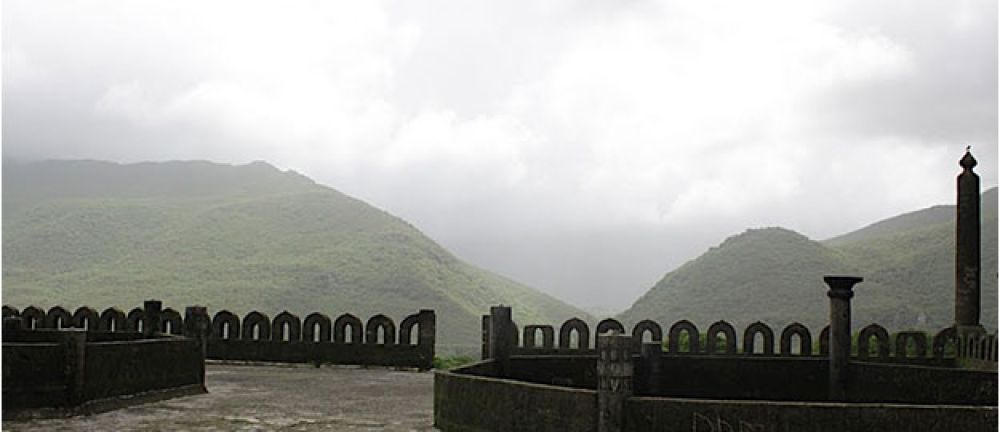

Junagadh, a city nestled in the foothills of the Girnar Hills in the state of Gujarat, India, boasts an intricate tapestry of history, culture, and natural beauty. Its name translates to "Old Fort" and offers a remarkable historical legacy that serves as the foundation for its tourism.
The roots of tourism in Junagadh can be traced to its rich history that spans over two millennia. The region was under the rule of the Mauryan dynasty in the 3rd century BCE, evidenced by the edicts of Ashoka inscribed on the rocks of Girnar Hills. Over time, Junagadh was conquered and ruled by various dynasties including the Gupta Empire, the Chudasama dynasty, and the Mughals.
In the 18th century, Junagadh became a princely state under the Nawabs, who commissioned many impressive buildings and monuments that remain significant tourist attractions today. The Mohabat Maqbara, an exquisite mausoleum, and the Junagadh Fort (Uparkot) with its ancient Buddhist caves are prime examples.
Following India's independence in 1947, Junagadh faced a brief crisis with the Nawab's decision to join Pakistan, which was resolved with the intervention of the Indian government. In the decades that followed, Junagadh's tourism industry gradually developed, capitalizing on its historical and natural sites.
The government and private sector have worked hard to promote Junagadh's tourism by preserving its heritage sites and improving infrastructure. The state tourism board's initiatives to organize festivals and cultural events like the Girnar Parikrama and Navratri celebrations have also helped to attract visitors from far and wide.
Aside from historical landmarks, Junagadh is famed for its proximity to the Gir National Park, the last refuge of the Asiatic lions. Tourism to this natural wonder has surged, with eco-tourism becoming increasingly popular in recent years.
Digital Transformation: The latest trend in Junagadh tourism is the digital transformation in the industry, with virtual tours and online booking systems for accommodations and entry tickets.
Heritage Walks: Heritage walks have become popular as tourists seek immersive experiences to understand the city's storied past.
Adventure Tourism: The Girnar Hills now draw adventure tourists interested in trekking and mountaineering, with the newly inaugurated Girnar Ropeway adding a new dimension to the tourist experience.
In summary, Junagadh's tourism history has evolved from quiet reverence of its historical and natural spaces to an industry that actively champions its diverse offerings. The city has become a unique destination for history buffs, wildlife enthusiasts, and spiritual seekers.